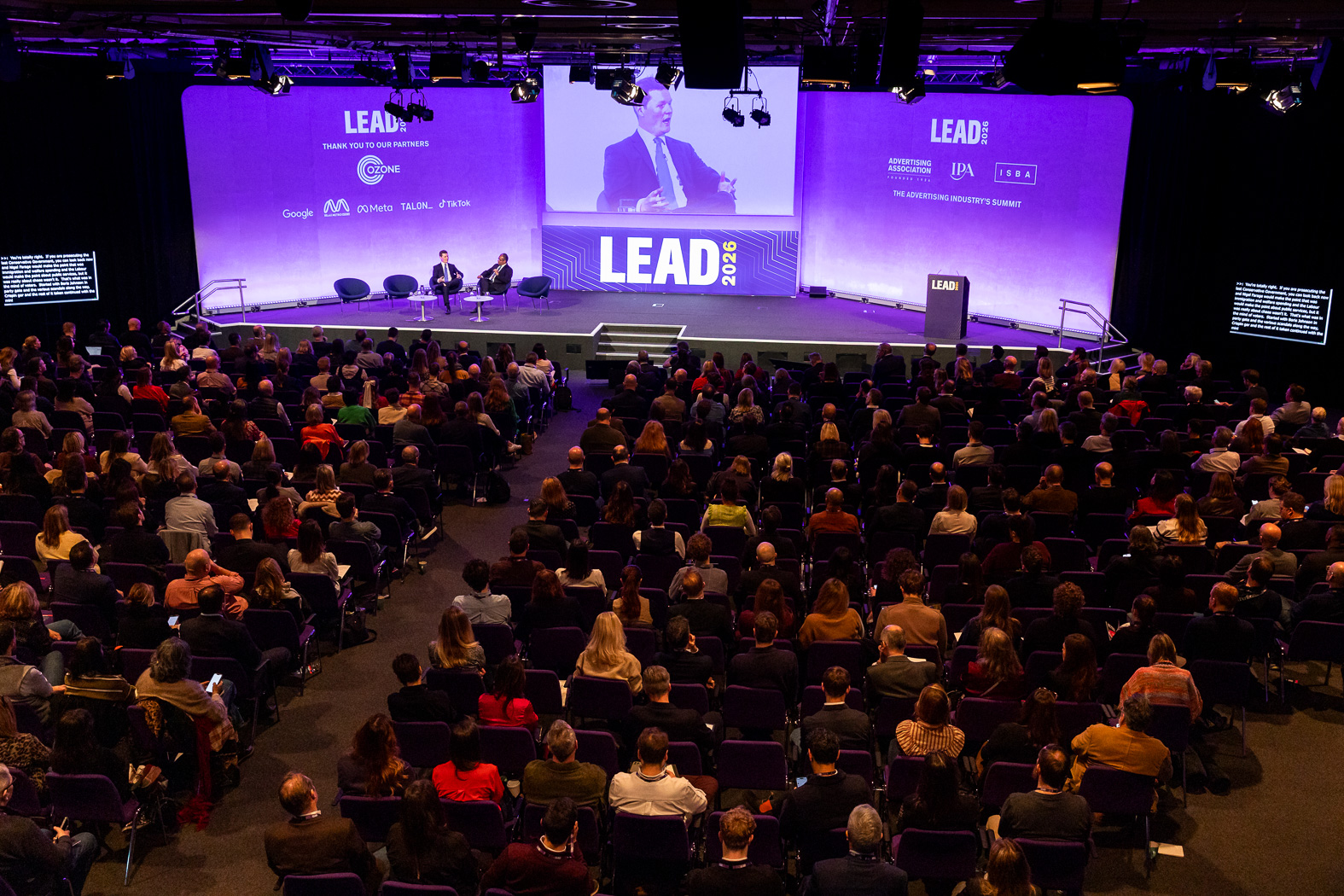Action 1: Get Your House in Order – Advertising Business Operations
All agencies and marketing services companies are encouraged to join Ad Net Zero and commit to curtail their operational carbon emissions to achieve net zero by end-2030. To do this, they will measure carbon footprint data, reduce emissions as far as possible (with a focus on minimising air travel and switching to renewable energy), and offset what cannot be reduced through carbon removal schemes. They will also share Ad Net Zero’s aims through their organisations by encouraging employees to understand and take ownership of their own personal carbon impact, and to adopt sustainable behaviours.
The average annual operational carbon footprint of someone in a UK advertising agency is 3.4 tonnes CO2e.1That is comparable to other professional service sectors such as accountancy and law, which have similar offices and travel habits. From this, it is reasonable to assume individual emissions would be comparable across other parts of the advertising industry. This means annual operational GHG emissions for the whole industry of potentially more than a million tonnes.
Two emissions sources usually predominate:
- Business travel (especially flying) – typically around 60% of an agency’s emissions
- Office energy use – typically some 40% of emissions
Some advertising agencies, along with businesses in other parts of the advertising ecosystem, have already taken significant steps to reduce operational emissions. Case histories from two of the top five creative agencies, McCann and adam&eveDDB, which have both implemented green strategies, are detailed later in this report. A survey of 39 of the UK’s top 50 agencies shows all but one have taken at least some action to reduce their carbon emissions, but few in a comprehensive fashion. Those that have driven new behaviours in their companies, and in some cases achieved ISO 14001, BCorp or equivalent recognised standards, report competitive advantage, higher employee morale and financial savings as a result.
Learning from those who have made the most progress, and to generate a collective drive towards Ad Net Zero, our recommendations are:
- Commit to a Climate Action Plan for your company, communicate it to your people, clients and suppliers, and appoint a Climate Action Team to champion it throughout the organisation.
- Report, Reduce & Remove: Measure and report the carbon emissions of the business on an annual basis in order to identify areas of biggest climate impact, and track progress over time in reducing the carbon footprint. Adopt a Science Based Target to determine a programme for reduction that will achieve net zero by end-2030, in line with the Ad Net Zero industry goal. Use carbon sequestering schemes to remove any carbon emissions which cannot be avoided.
- Work with your clients and suppliers to secure their support for your sustainability policies – for instance on travel and procurement.




